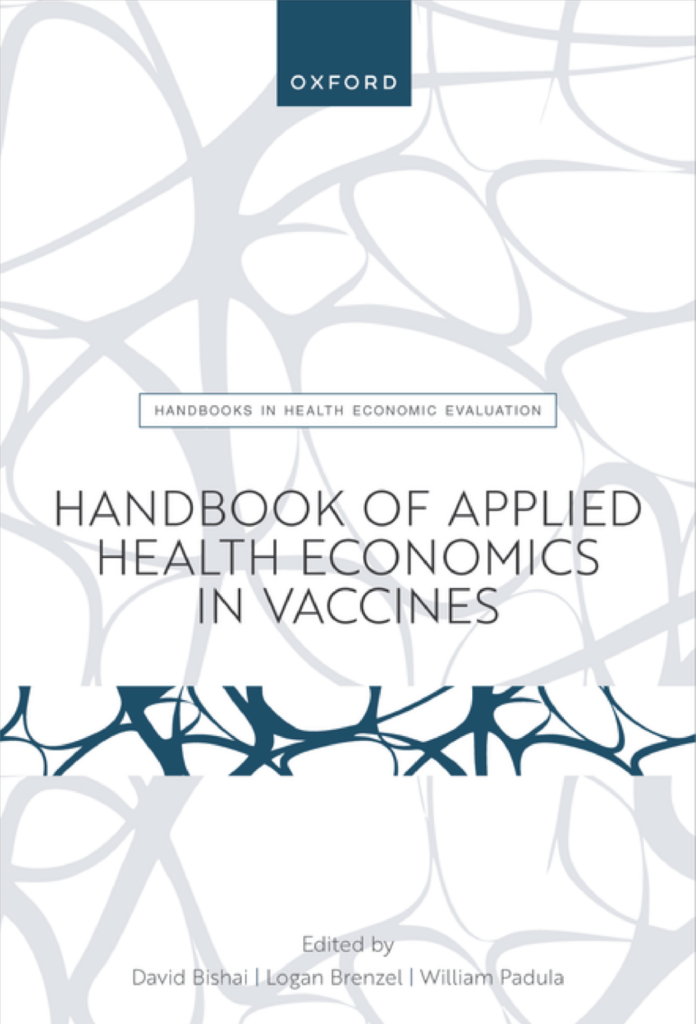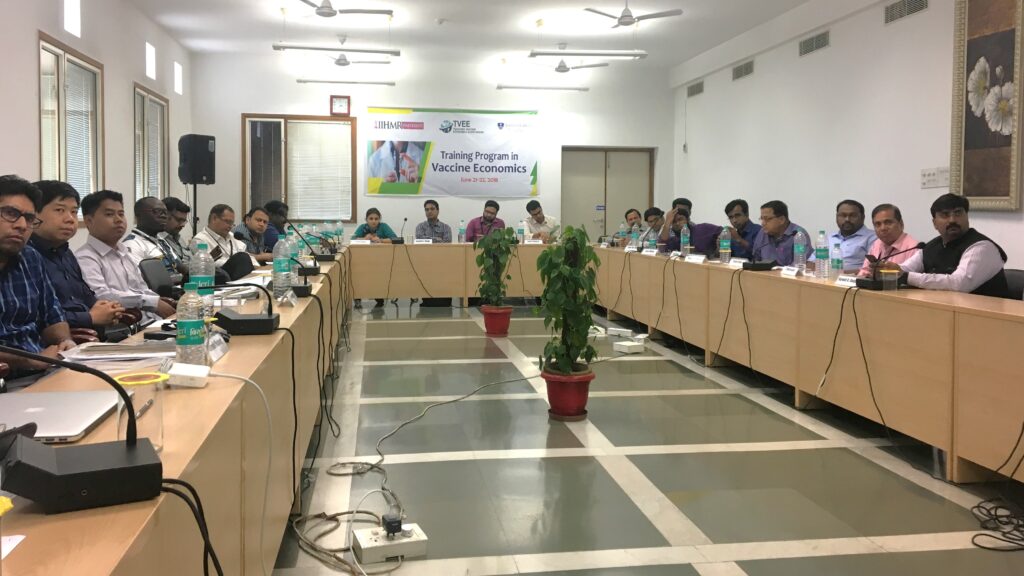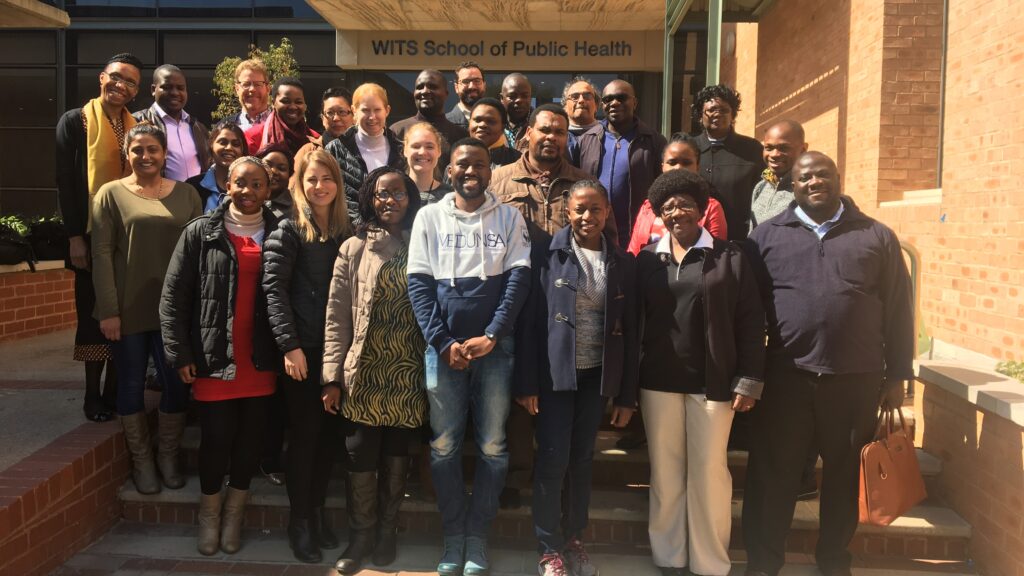
Vaccines represent remarkable value, given their ability to prevent infection and stop the spread of contagions. Now, a new book is examining the health economics, cost-effectiveness, supply chain requirements and logistical efforts involved in building vaccination programs.
“The economics of vaccines have no ceiling in terms of upside,” says William Padula, assistant professor of pharmaceutical and health economics at the USC Mann School of Pharmacy and Pharmaceutical Sciences and a fellow at the USC Schaeffer Center for Health Policy & Economics. “We saw this as COVID-19 raged onward, and a vaccine presented a leveling off of the risk of infection and no doubt saved countless lives.”
He notes that instead of looking solely at cost, countries should focus on vaccine distribution methods to reach herd immunity and protect high-risk individuals without major detriment to the economy.
Padula serves as co-editor, along with David Bishai (an adjunct professor in the Department of Population, Family and Reproductive Health at Johns Hopkins Bloomberg School of Public Health) and Logan Brenzel (a program officer at the Bill & Melinda Gates Foundation and health economist), of Handbook of Applied Health Economics for Vaccines, now available from Oxford Press.
“The economics of vaccines have no ceiling in terms of upside. We saw this as COVID raged onward, and a vaccine presented a leveling off of the risk of infection and no doubt saved countless lives.”
– William Padula, assistant professor of pharmaceutical and health economics
The book began in 2016, years before the onset of the COVID pandemic, as a collaboration between the Gates Foundation and Johns Hopkins to develop a vaccine economics curriculum to help low- and middle-income countries build capacity for vaccine programs. The editors delivered lectures about the curriculum around the world—from Boston to Johannesburg, South Africa, and Delhi, India—to audiences of public health professionals, infectious disease physicians, health economists and students.


Seeing the potential of the curriculum to make an enormous difference for the health of wide swathes of the population, the Gates Foundation extended the work’s grant so it could be developed into a full textbook. The foundation’s generosity also is making the Handbook of Applied Health Economics for Vaccines available open access to ensure its informative content is broadly accessible, Padula notes.
One of the textbook’s chapters provides insight into the cost-effectiveness of a hypothetical COVID vaccine that was modeled in May 2020, six months before a real vaccine was developed and announced.
The book is part of the Oxford University Press’ Economic Evaluation series. The publication features supplemental online materials that readers can download to interact with economic models and analytical efforts.
More information about the Handbook of Applied Health Economics in Vaccines is available at Oxford University Press.

